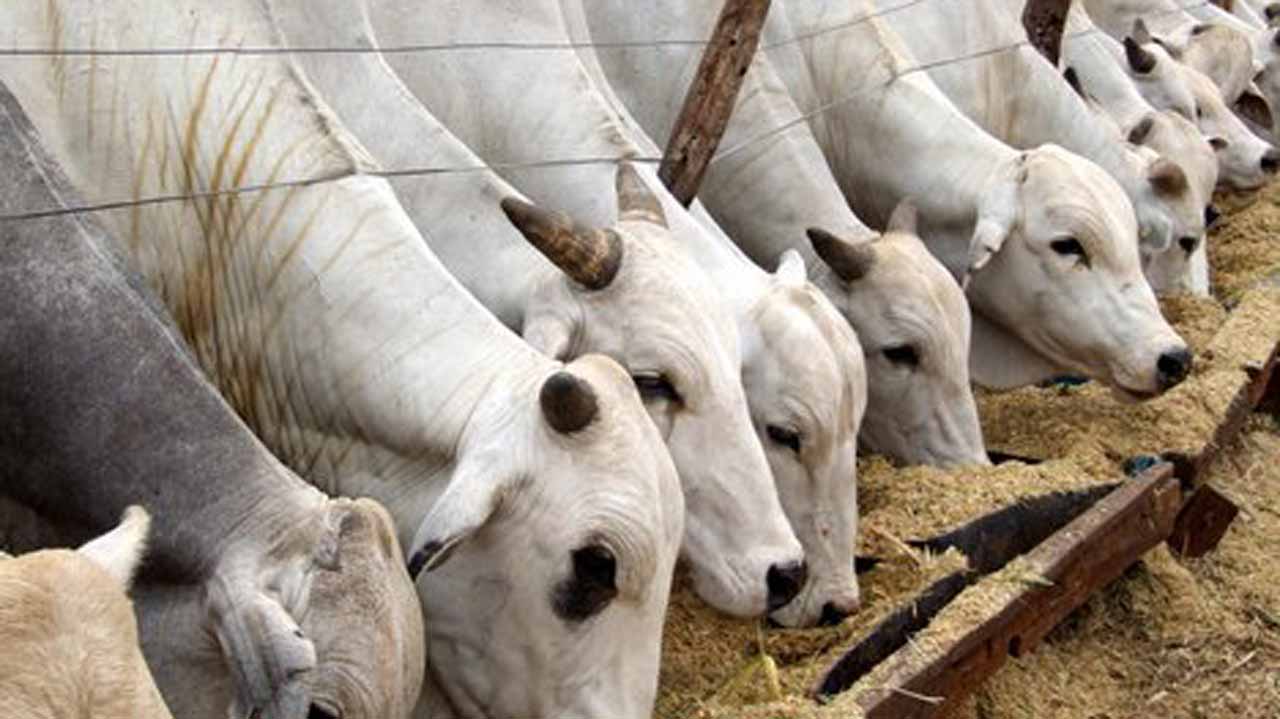The Livestock sub-sector has been identified for accounting for more than 40 percent of the global agricultural Gross Domestic Product.
Permanent Secretary, Ministry of Agriculture and Rural Development, Dr. Ernest Umakhihe made this known at the opening of training for farmers on the utilization of low-grade grains, however, noted that the utilization of the cheapest and most available livestock feed was a major challenge facing farmers in Nigeria.
The permanent secretary was represented by Mrs. Winnie Lai-Solarin, Director, of Animal Husbandry Services, Ministry of Agriculture and Rural Development, who said the sub-sector also provides more than 33 percent of the World’s protein intake.
He listed the cheap feed resources to include crop residues (rice, maize, ground nut, and cassava by-products, animal processing wastes, and brewery wastes, among others.
According to him, “On the other hand, such feeds must be cost-effective. Nutritious animal feed is essential for the development and productivity of animals, especially food animals.
“In Nigeria, animal feed remains a challenge to animal husbandry practices, largely due to the high cost of animal feeds, which are not readily available and where they are, they are not easily affordable by an average farmer,” Umakhihe said.
According to him, it is gratifying to note that the contribution of the Livestock sub-sector to the economy goes beyond the production of meat, milk, and eggs.
“The livestock sub-sector supports over one billion people globally, accounting for over 40 percent of global GDP and provides over 33 percent of the world’s protein intake,” he said.
He said the capacity-building programme was in line with President Muhammadu Buhari’s agenda to leverage the agricultural sector for wealth creation, employment generation, and diversification of the economy.
Umakhihe expressed optimism that the training would also provide the required knowledge to sustain livestock through reduced availability of animal feed ingredients, labour, processing facilities, inputs, and services.
In her address, Lai-Solarin said that the ministry was determined to support all agricultural farmers to improve their production process to achieve feed and food security.
“It is an established fact that feed constitutes about 70 percent of the cost of livestock production.
“Therefore, subsidising the cost of feed production will not only increase the farmers’ profit but also sustain their interest,” she said.
By Dare Akogun





